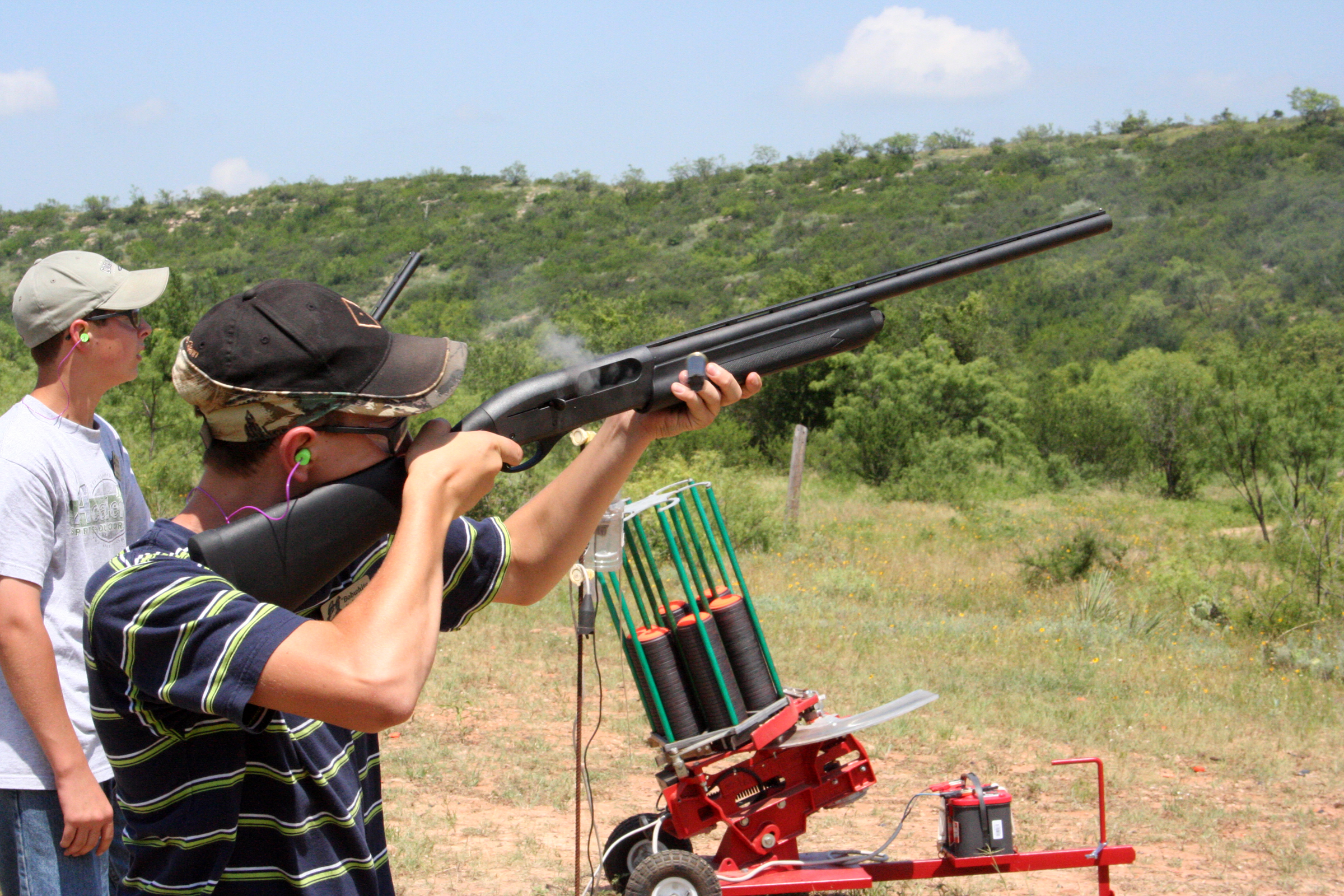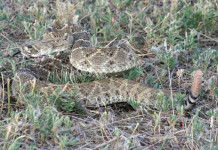The Texas Parks and Wildlife Department is looking into proposed changes to the state’s hunter education certification program that would “streamline” the process for those who take the course.
While that may seem like a good idea to anyone who has yet to complete a course, or for wildlife officials hoping that easing the requirements will help aid hunter recruitment, the numbers don’t lie: traditional hunter education courses have helped to drastically cut accidents and have saved lives.
A check of TPWD records shows that from 1966 to 1987 there were 425 fatal hunting accidents. From 1988, the year hunter education became mandatory, to 2012 there were 135 fatal accidents.
In 2012 there were 1,155,542 hunting licenses sold in the state, according to the most recent Texas Parks and Wildlife Department data. The number of hunting accidents (25), fatalities (five) and accident rate (2.2 per 100,000) all rose from the previous season when there were 23 overall accidents, including two fatal ones – the fewest number of incidents on record.
Anyone born after Sept. 1, 1971, must successfully complete a hunter education course to hunt in the state. Hunters can take a traditional two-day course that must be spread over a minimum of 10 hours or take the self-paced knowledge-based portion online home study. Students must then complete a four-hour field training class for certification.

TPWD is proposing options that could reduce the time commitment for completion of the course by half. Officials suggest the classroom portion of the process could be reduced to five hours, while the field training class length would remain unchanged. Nothing in the proposed changes prohibits students from taking advanced workshops on hunter education topics of special interest or more extensive curriculum offered in high school and college courses, officials said.
For students 16 and older, TPWD is proposing the option of an online instruction-only certification that would eliminate the required field training component. Active-duty military and some veterans are exempted by law from the field training component.
To pass the current course options, students must take a 50-question written exam and get 70 percent correct if they take the traditional two-day course or 80 percent if they take the course online. TPWD is proposing to standardize the passing grade for all options to 75.
Passing on the safe pursuit of shooting sports and hunting to a new generation has never been more important, and thanks to thousands of volunteers across the state, it has become easier than ever under the current system, something that simply doesn’t need to be altered.
All of the training revolves around life and death and right and wrong, and when it comes right down to it, sitting in front of a computer is no substitute for taking part in the field course and live fire exercises designed to protect not only the shooter but the lives of others.
The courses, taught by game wardens, professional educators and volunteers from other walks of life, delve into a variety of subjects that ultimately focus on safety by hunters and shooters in the field and at the range. Hunter education not only provides instruction in Texas hunting regulations, wildlife management and identification, it also has immersed more than 980,000 students in conservation, ethics and responsibility in outdoor pursuits.
The biggest benefit to getting certified? You do it once and it lasts a lifetime, something that should drive home the point of making the process as thorough as possible to ultimately pass the frameworks.
The minimum age a hunter may be certified in Texas is 9, which coincides with the need for youths to be certified to participate in the Texas Youth Hunting Program. However, it remains the responsibility of a parent or guardian to provide sound supervision and to know whether or not their child is mature enough to handle firearms in and out of hunting situations. Hunters who are at least 17 and who have not completed a hunter education course can obtain a one-time, one-year deferral for $10.
At the end of the day, Texas simply doesn’t need to cut the time it takes to receive a hunter education certification. Nothing about the coursework and testing should be made easier. It currently is an involved process that has helped save lives, while engaging and teaching new generations about the importance of a variety of pertinent topics.
“Our hunter education courses serve a wide variety of students,” said Nancy Herron, TPWD outreach and education director, in a news release. “One may be a 9-year-old with a parent in tow, another a teenager taking a class in school, and then an experienced 60-year-old preparing for big game hunting in another state. Providing additional course options will make getting hunter certification more convenient and better fit our students’ needs.”
I fully support programs that initiate adding to the outdoor ranks, but there shouldn’t be anything “convenient” about getting certified to make life-and-death decisions. We owe it to future generations to pass on hunting and shooting pursuits responsibly, something that streamlining associated education programs will simply not do.
There’s also one singular fact that can’t be overlooked in each of the five fatal accidents last year: none of the shooters had received hunter education certification.
Public comment on the proposal can be made online.




















